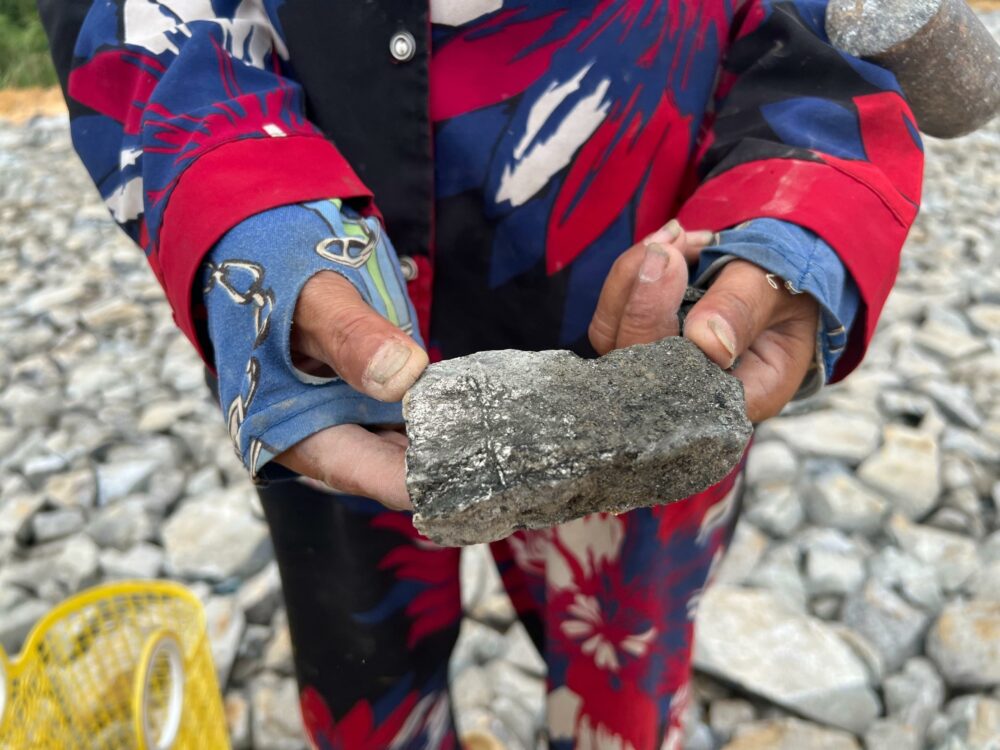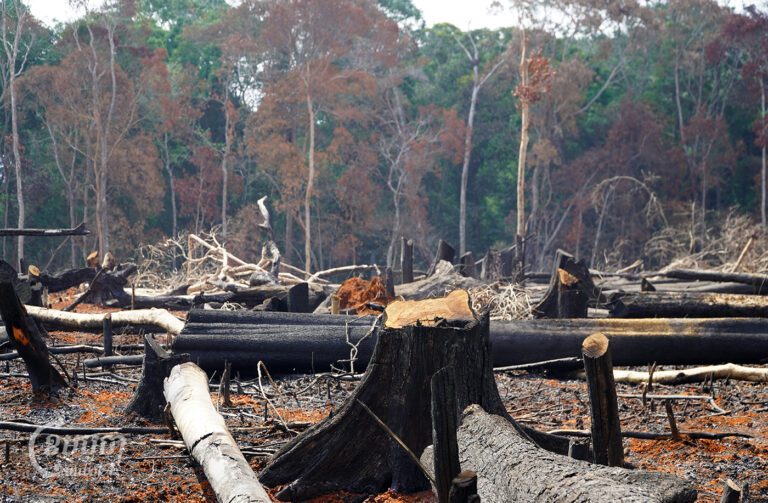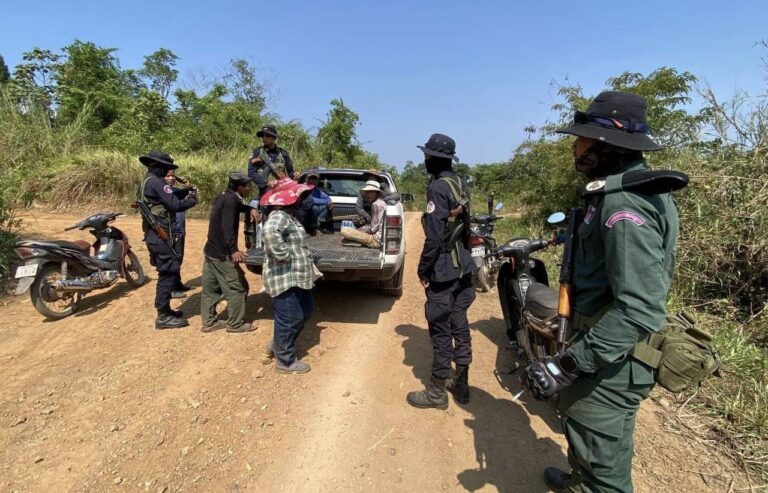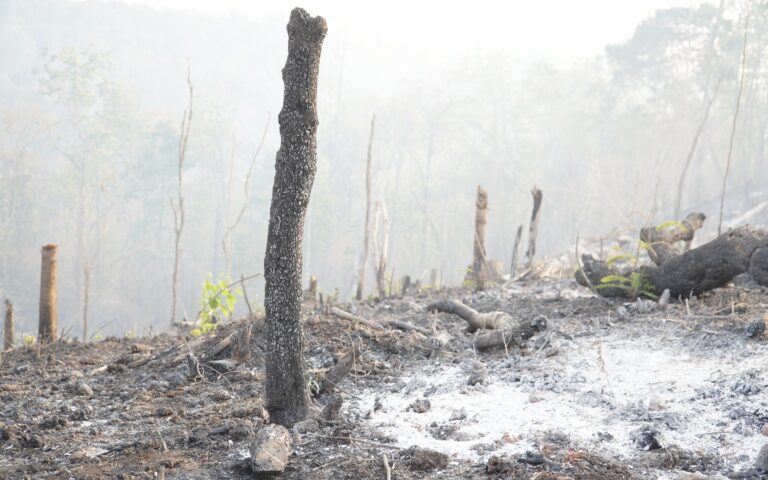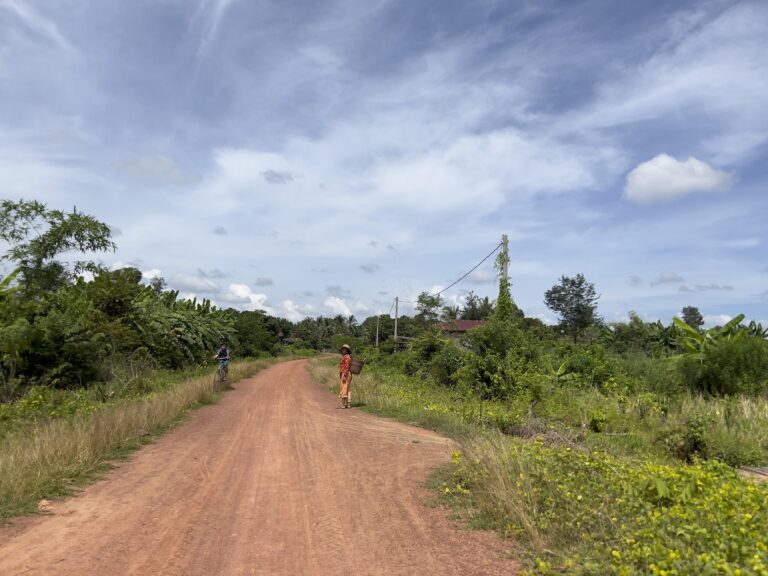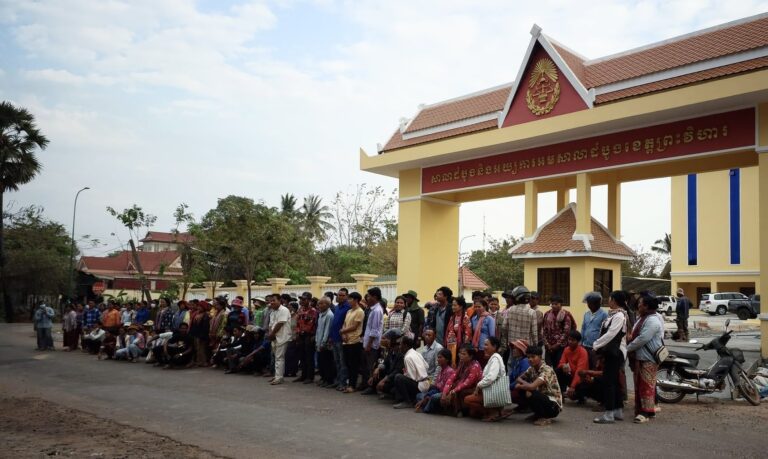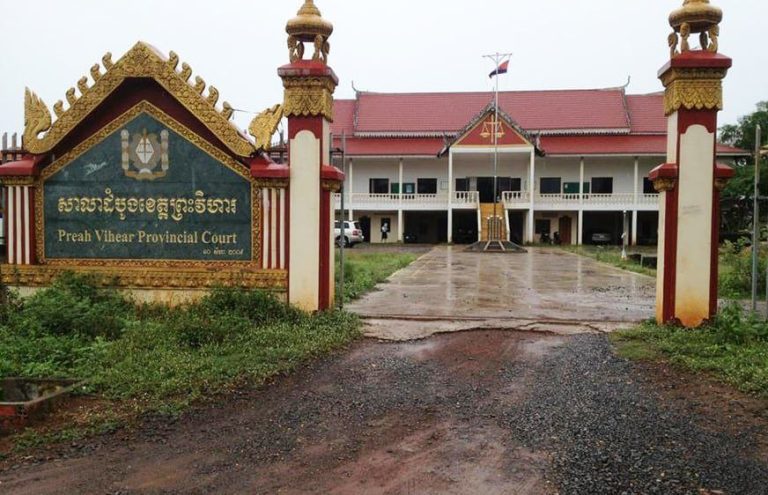A recent report by Equitable Cambodia has exposed the commercial gold mining industry’s involvement in deforestation, violation of rights, encroachment and land grab of traditional indigenous forested areas.
The report, titled “A Snapshot of the Gold Mining Industry in Cambodia: Rights Violation, and Environmental Damage”, focussed on gold mining in Preah Vihear, Ratanakiri, Mondulkiri, and Kratie. Villagers there fear losing natural resources as well as their land, which is intrinsic to their traditional indigenous livelihoods and customs.
“Villagers expressed concern around actual and continued deforestation. Coercive land sales continue with villagers complaining of land forcibly taken and having no compensation,” read the report.
The report listed mining companies, Angkor Gold, Mesco, Rong Cheng Industrial Investment (Cambodia), Renaissance Mineral (Cambodia), Delcom (Kampuchea) Pte, Xinshan Industrial (Cambodia), and Xing Yuan Kanng Yeak Co Ltd.
The current reality after 20 years of continued corporatization of the gold mining industry is that there are “sadly very few signs of improvement in policy and practice, with respect to human rights and land rights, and environment protection”.
“The mining sector as a whole still suffers from significant problems in these areas,” it stated.
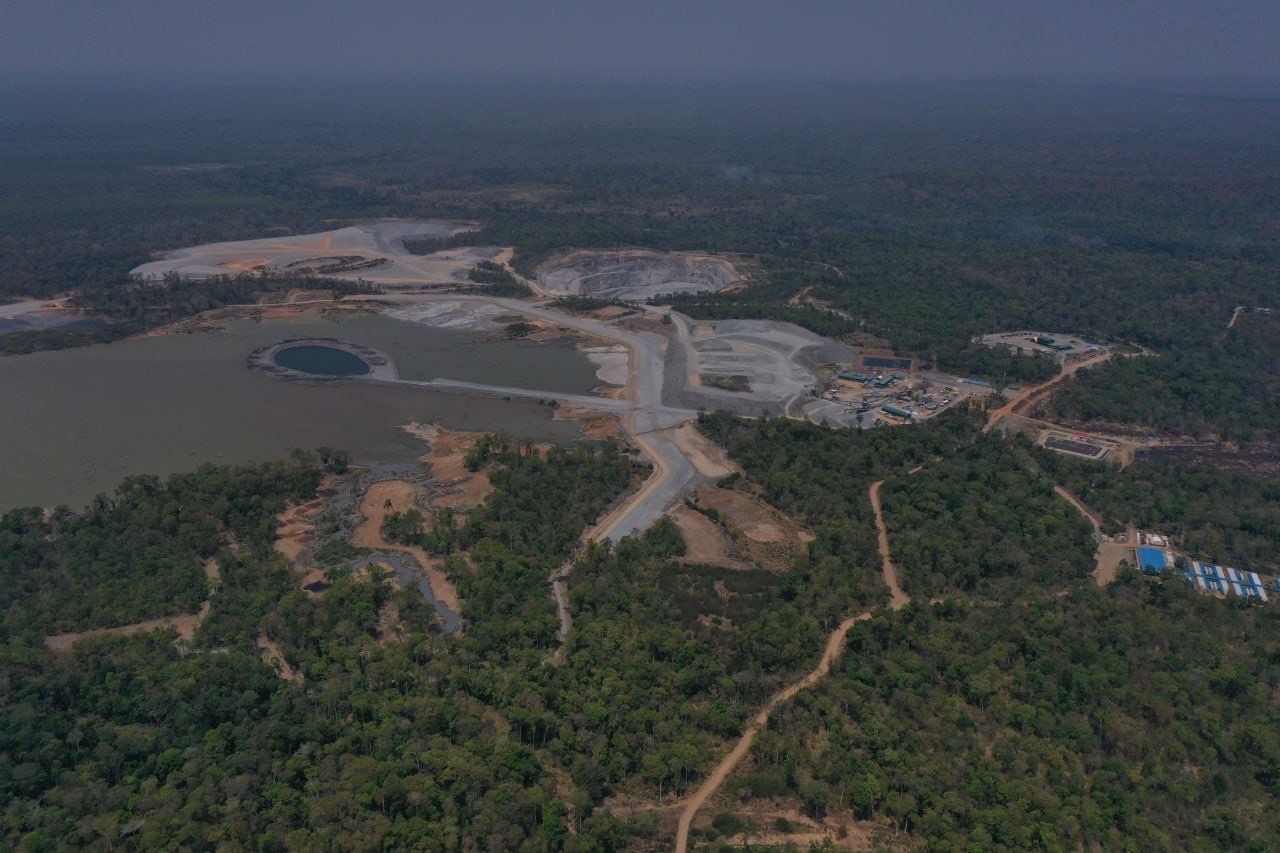
Equitable Cambodia executive director Eang Vuthy said their ground case studies documented water pollution, no waste management plan for the mining operations as well as the zero sharing of Environmental Impact Assessment (EIA) with the public.
“We are concerned because natural resources cannot regenerate, so we want better management [on resource protection] for the sake of national interest. We also want mining not to affect the people and environment,” he said.
Vuthy said villagers used to cultivate on their farmland, but now they are not allowed. Their water resource is also being affected, as it flows from the mines.
“We are worried about the management of chemical use. It needs to be thoroughly monitored. Villagers claimed that chemicals had leaked from mining sites. Some of them seem to be suffering from skin problems,” he added.
According to the report, Preah Vihear mining companies, Delcom and Xinshan, allegedly destroyed community land and forest areas, and caused environmental damage due to the release of chemicals into nearby water sources.
“The water quality was tested during the rainy season. The result indicated that nitrate (NO3) levels reached over 1,000 gm/L, which is extremely high. The red color [of the water] means it’s severely contaminated,” said sources, who were interviewed in the report.
Villagers living downstream from Delcom have noticed that streamlets are affected by poor water quality, affecting the local aquatic flora and fauna.
Delcom has been granted 1,800 hectares for exploration, in Rovieng district. Villagers interviewed said “no real attempt” to discuss complex land dispute issues with them was made. Instead, they experienced intimidation and threats by local officials and company representatives.
A villager, who only gave his name as Chheng, told CamboJA that Delcom expanded its boundary and “grabbed his four hectares of farmland” in 2021.
“They [company] took the land without giving any compensation, and now we are not allowed to cultivate there anymore,” he said. “It is entirely a violation of human rights,” Chheng said.
“We challenged against the inadequate land for cultivating cassava and rice,” Chheng said, who has been planting on his farmland since 2004, alleging that the authorities have ignored their problems with regards to the mining companies.
Questions to Delcom and Xinshan were unanswered.
Preah Vihear provincial mine and energy department director Sun Chanreaksa declined to comment, whereas provincial spokesperson Nop Vuthy stated that the findings of the report in relation to farmland encroachments are “not true”.
“Villagers have raised it, saying that the company has operated legally on that site,” he said. “But, it isn’t true [report] and if they have found the [encroached] land, please come to the provincial administration, and we will have a look together,” Vuthy said.
In another case study in Ratanakiri province, villagers were most concerned about the loss of natural resources and their land relating to Angkor Gold and Mesco Gold’s mining activities. They said there was a lack of public consultation prior to the mining operation and were “forced” to sell their land to make way for the mine.
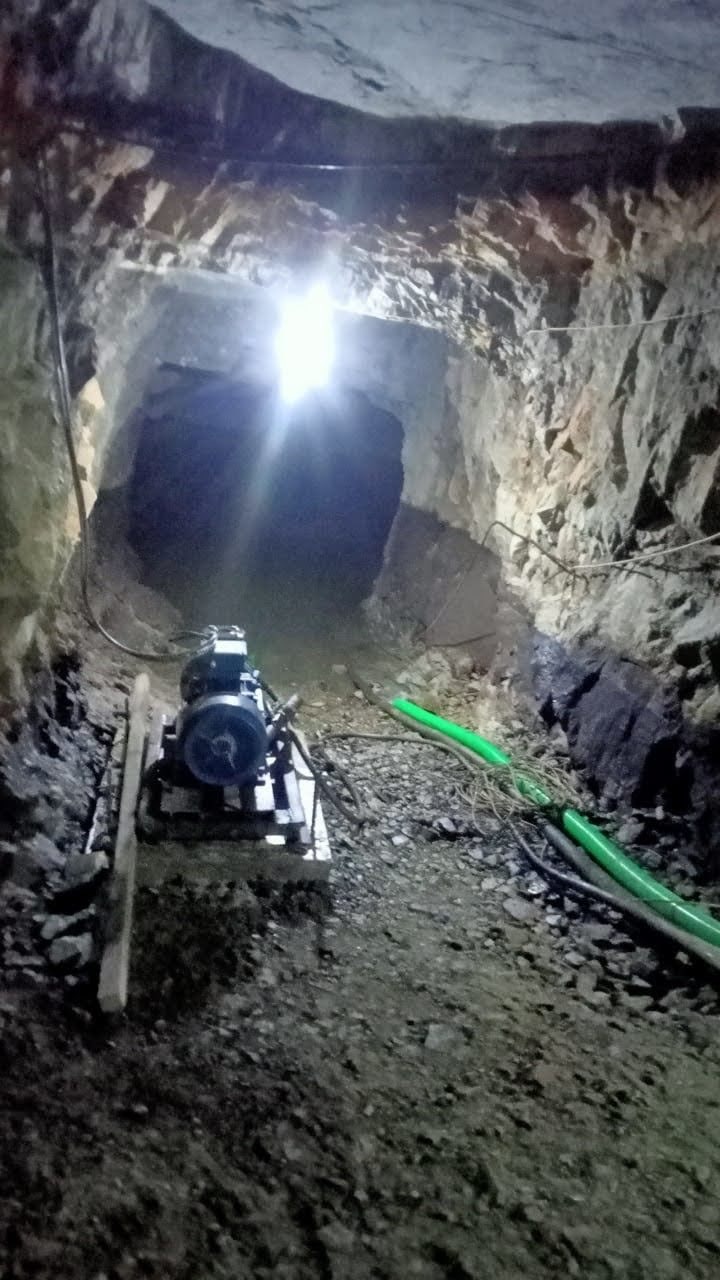
“This overlapped with concerns over continuing deforestation and farmlands critical to their survival,” the report underscored.
Both Angkor Gold and Mesco did not reply immediately to CamboJA.
Ratanakiri provincial governor Nhem Sam Oeun could not be reached for comment.
Similarly, Ung Dipola, director general of the Mine and Energy Ministry’s General Department of Mineral Resources, and Phay Bunchhoeun, spokesperson of the Ministry of Environment did not respond to questions.


